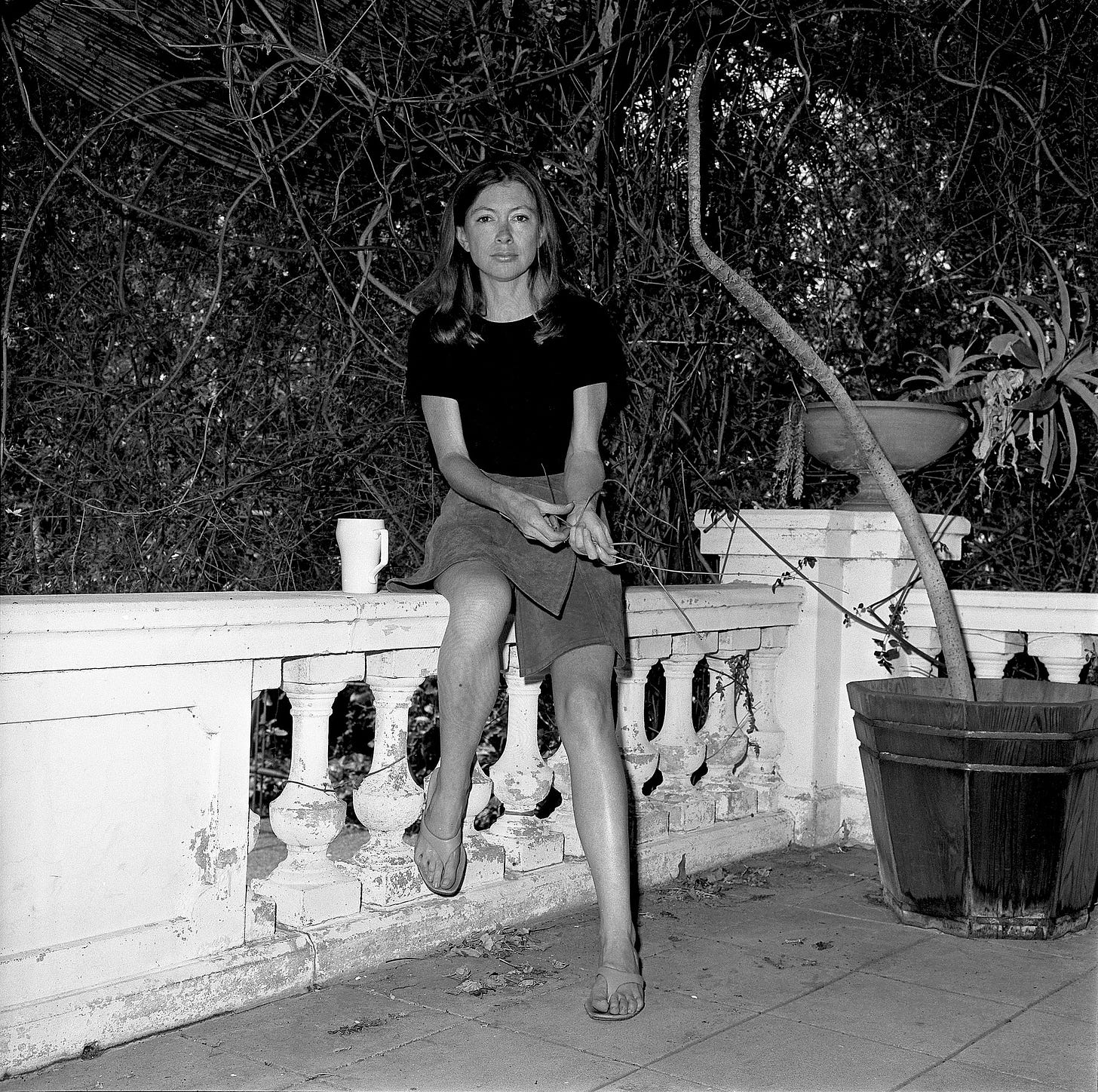Masters of Disasters
On Signalgate, FEMA funding, Joan Didion's archive, and baseball's opening day.
Distress Signal
[ M A R C H • 1 9 6 6 ]
“Lately Washington has been inundated by a torrent of inside, classified information coming from other sources: through retiring government officials; through memoirs and biographies; through informal, private ‘declassification’ of hitherto classified data; through the last thoughts of prominent officials disclosed after their death…”
Read “The Leakiest Winter on Record” by Clayton Fritchey
[ N O V E M B E R • 1 9 8 5 ]
“The fact of the matter is, the worst leaks, the ones that really hurt the country, have nothing to do with the press at all. They come from shoddy, inefficient management by our government.” —Daniel Schorr, a senior correspondent at Cable News Network, 1980-85
Read “The Pentagon vs. the Press”
[ M A Y • 2 0 1 7 ]
The human network behind the biggest leak of all.
Read “Snowden’s Box” by Jessica Bruder and Dale Maharidge
[ A P R I L • 2 0 1 9 ]
Why Julian Assange deserves First Amendment protection.
Read “More Than a Data Dump” by James C. Goodale
Disaster Response: FEMA Funding
[ J U L Y • 2 0 2 0 ]
“Disaster preparedness is not, in the end, the same as disaster prevention. The latter would require something that is, from our current vantage, inconceivable: the political will to abandon the pernicious practices that currently support our economy.”
Read “This Is Not a Test” by Barrett Swanson
[ F E B R U A R Y • 2 0 2 0 ]
“The Caribbean Sea is prone to storms, and even so the devastation left by Maria was extreme. ‘It’s the worst hurricane Puerto Rico has seen,’ Brock Long, the administrator of the Federal Emergency Management Agency, told the press.”
Read “Before the Deluge” by Petra Bartosiewicz
[ O C T O B E R • 2 0 0 9 ]
Rivka Galchen on her late father and hurricane-modification.
Joan Didion’s Archive
[ O C T O B E R • 1 9 7 6 ]
“The morning the men first came to the house on California Street Charlotte did not understand why. She had read newspaper accounts of the events they recited, she listened attentively to everything they said, but she could make no connection between the pitiless revolutionist they described and Marin, who at seven had stood on a chair to make her own breakfast and wept helplessly when asked to clean her closet.”
Read “California Blue,” an excerpt from Joan Didion’s novel A Book of Common Prayer
[ D E C E M B E R • 1 9 7 1 ]
“Joan Didion’s sense of style is as much a display of manners in the old sense as is her special blend of elegance and despair. As she likes to say in her different writings, Everything you do counts. Every gesture tells a story, and in the moral realm, too, everything tells.”
Read Alfred Kazin’s profile of Joan Didion
[ D E C E M B E R • 2 0 0 5 ]
Jennifer Szalai reviews Didion’s memoir The Year of Magical Thinking.
Read “The Still Point of the Turning World”
[ D E C E M B E R • 2 0 2 0 ]
A selection from Didion’s essay collection Let Me Tell You What I Mean.
Read “Fathers, Sons, Screaming Eagles” by Joan Didion
Sport Report
[ M A R C H • 2 0 2 2 ]
“I remember watching [Michelle] Kwan during the 2004 nationals, the moment after she landed her last jump in a perfect program. She flung out her arms to skate down the ice, an expression of pure joy on her face, the audience screaming and cheering so loudly you could barely hear the music. That, the retired skater and commentator Peggy Fleming said on the broadcast, is why she competes. To feel that.”
Read “Voice Lessons: How coaches get in athletes’ heads” by T. M. Luhrmann
[ S E P T E M B E R • 1 9 7 7 ]
“Among all the men who play baseball there is, very occasionally, a man of such qualities of heart and mind and body that he transcends even the great and glorious game, and that such a man is to be cherished, not sold.”
Read “Tom Seaver’s Farewell” by A. Bartlett Giamatti









